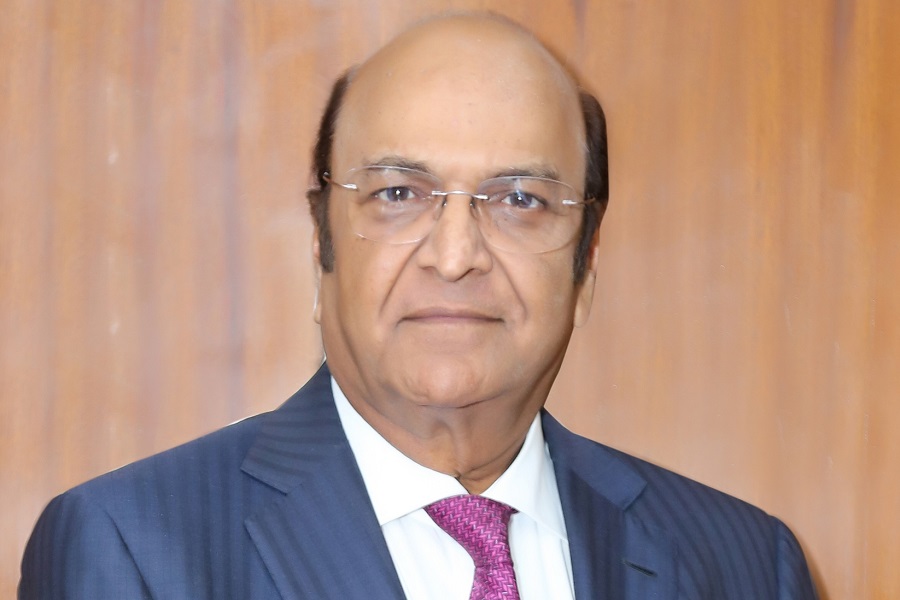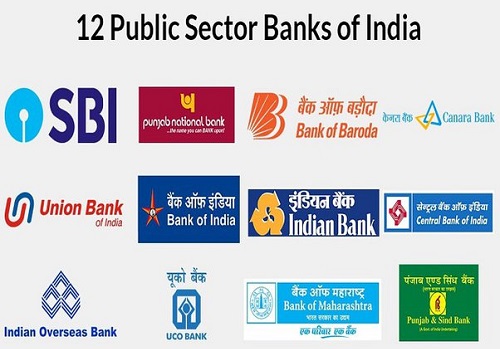India`s FM Nirmala Sitharaman gets finance portfolio for a second term, with new challenges

Nirmala Sitharaman, who is credited with India's economic success over the past five years, will remain finance minister in Prime Minister Narendra Modi's third term, taking on the challenge of ensuring more equitable growth across the world's most populous nation.
Sitharaman, 64, who became the nation's first full-time female finance minister in 2019, is a trained economist under whose tenure the Indian economy has charted a path of high growth and fiscal prudence.
But discontent in the countryside over a lack of jobs and high inflation prevented Modi's Bharatiya Janata Party (BJP) from securing a majority, leaving it dependent on alliance partners.
The decision to keep Sitharaman as finance minister signals Modi is vying for policy continuity in his third term, said Madhavi Arora, lead economist at brokerage Emkay Global.
"With Sitharaman returning to the ministry, it will be business as usual for the markets," Arora said.
Still, Sitharaman may need to tweak policies, such as by lowering taxes for individuals and increasing handouts for the poor, to ensure that benefits of India's high growth trickle down more widely across the Indian population.
"Some of the previous government's capex plans may be diverted to more welfare and subsidy spending," Capital Economics said in a note after the election verdict last week.
The world's fifth-largest economy is forecast to grow by 7.2% during the financial year ending March 2025, after a rapid 8.2% expansion the previous year. However, growth has been lopsided, with urban centres growing much faster than rural parts.
During her first term as finance minister, Sitharaman took a decision to bring down corporate tax rates, hoping it would lead to a pick up in private investment and create jobs.
This has not happened and reforms needed to push investment under a coalition government may be difficult, said independent economist Govinda Rao.
“The fact that they have to depend on coalition partners constrains the (Modi) government’s ability to take fundamental reforms," Rao said, referring to changes in the country's land and labour laws seen as critical to boosting its manufacturing sector.
"The reforms will have to be incremental".
MACROECONOMIC STABILITY
Over the past five years, the federal finance ministry under Sitharaman has brought down the budget gap from more than 9% of gross domestic product in 2020-21 to a targeted 5.1% for 2024-25.
"A finance minister's job is not easy; everyone wants more money and she has been able to walk on the path of fiscal consolidation," Rao added.
India's accounting processes have also become more transparent under her, he said.
In May, S&P Global Ratings raised India's sovereign rating outlook to 'positive' from 'stable', citing the country's improving finances and robust economic expansion.
India's benchmark equity indices have doubled during her five-year term, while Indian government bonds have been included in the prestigious JPMorgan Global Emerging Market Index and Bloomberg index.
Investors are expected to take comfort from Sitharaman continuing as finance minister. "Sitharaman is not prone to making dramatic changes and in that sense there is comfort that broad policy direction will continue," said Arora.
























